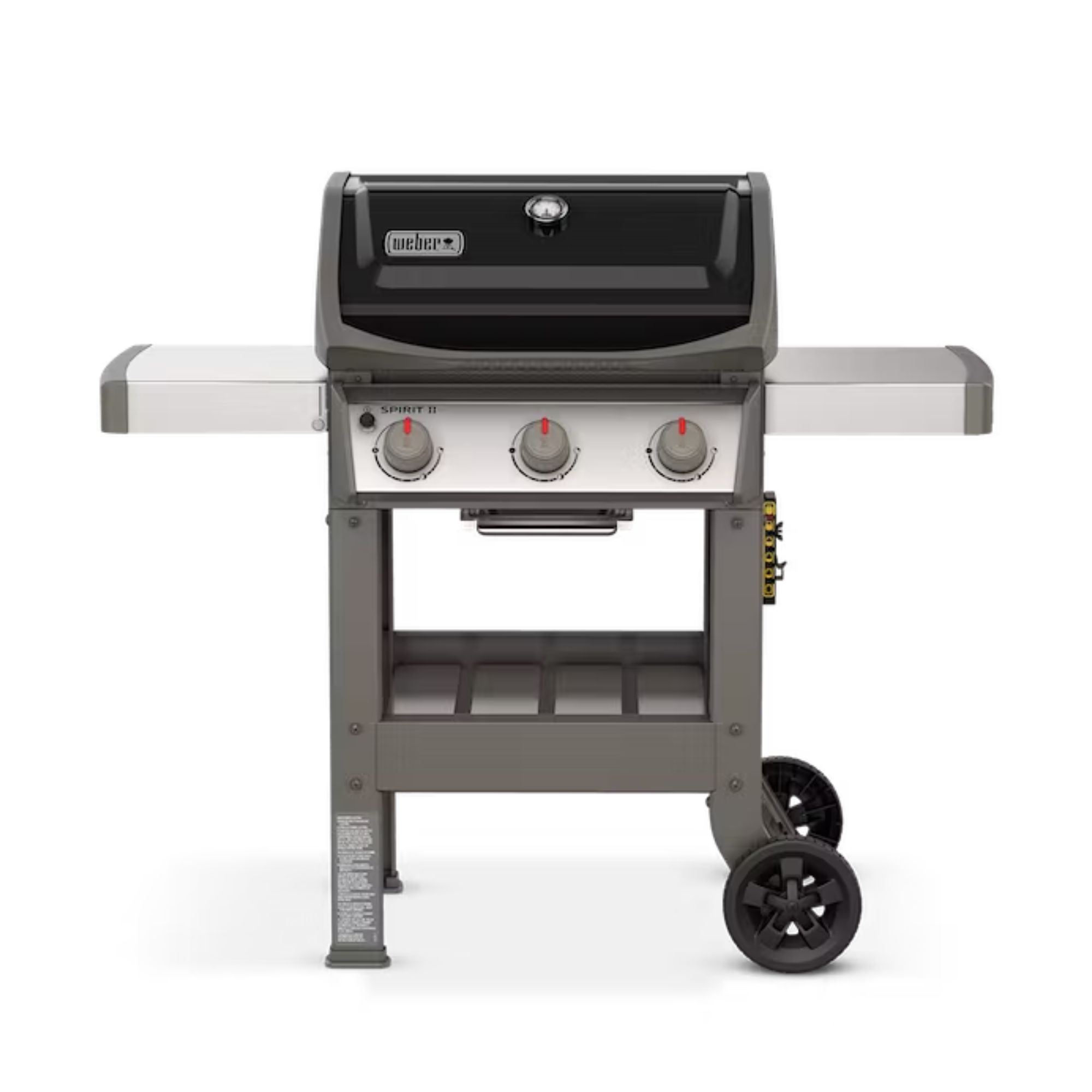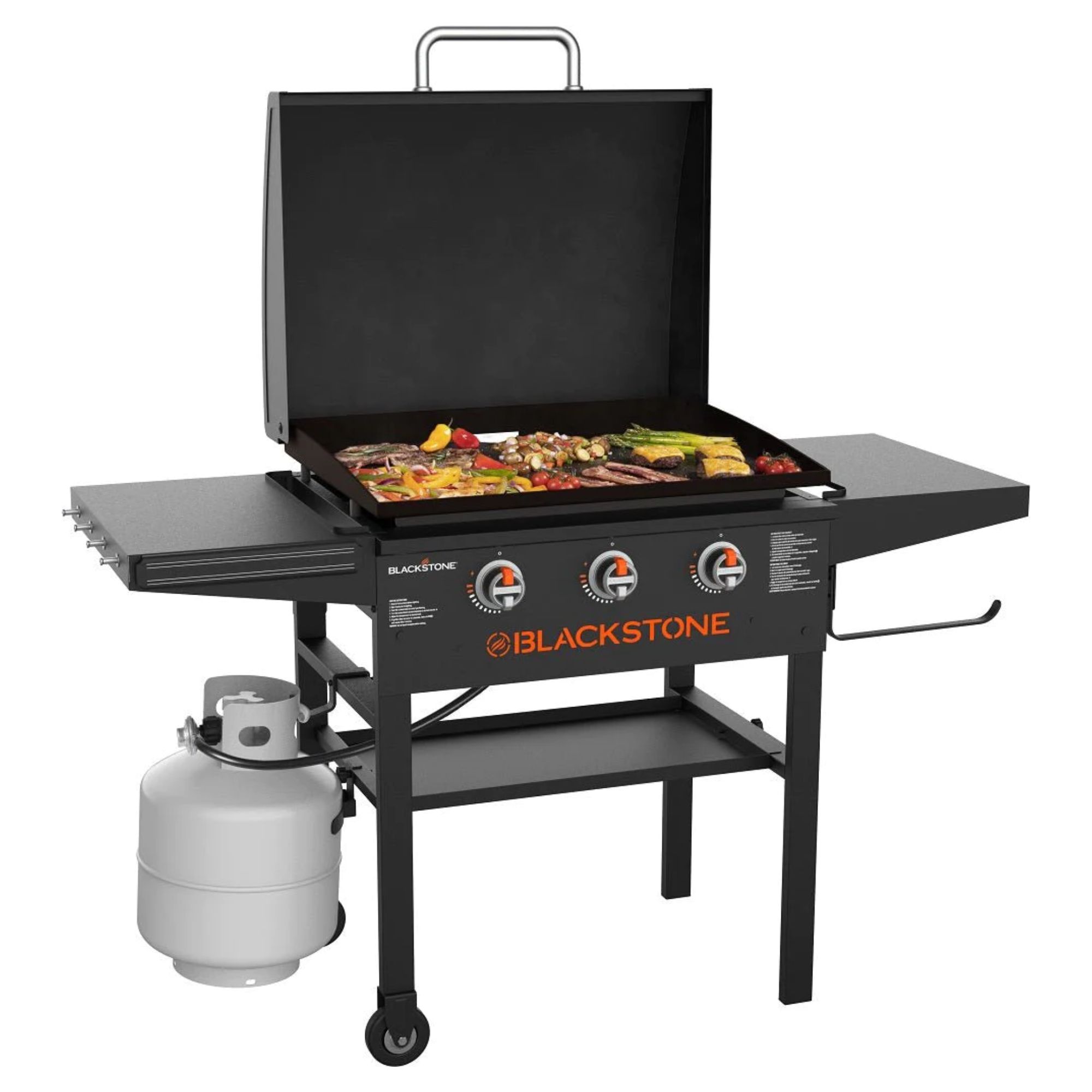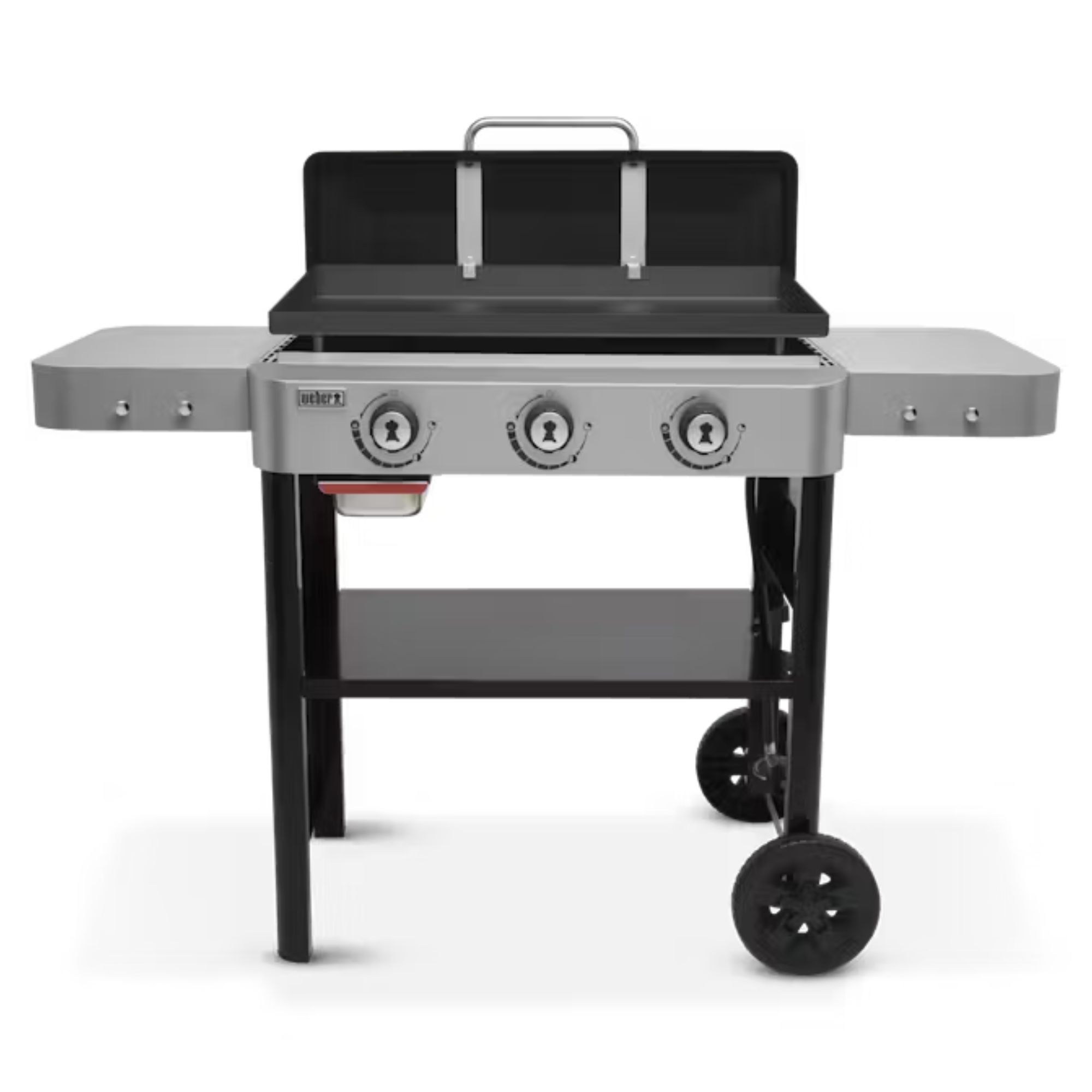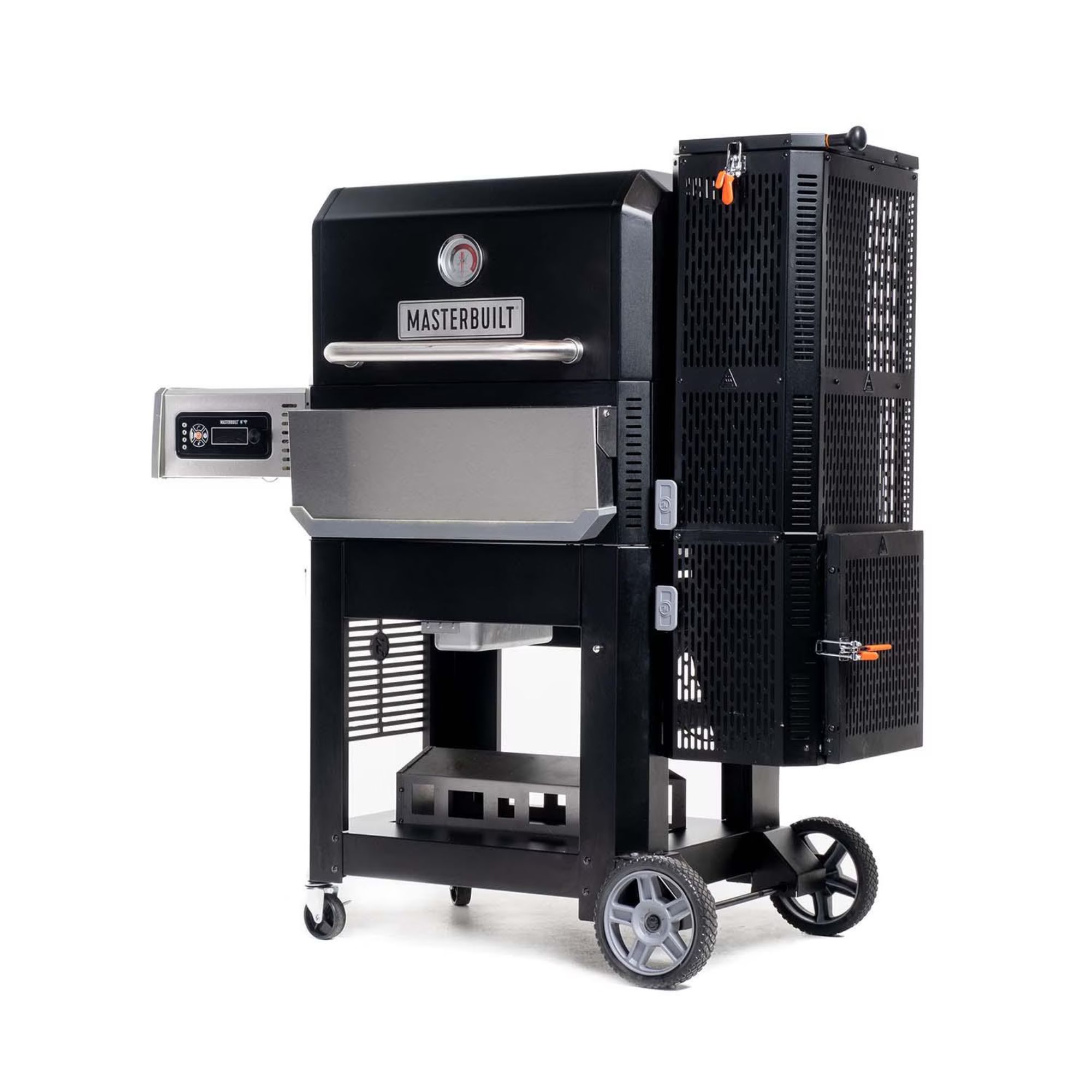Grill vs griddle – which is best for summer entertaining?
When it comes to grill vs griddle, which appliance comes out on top?

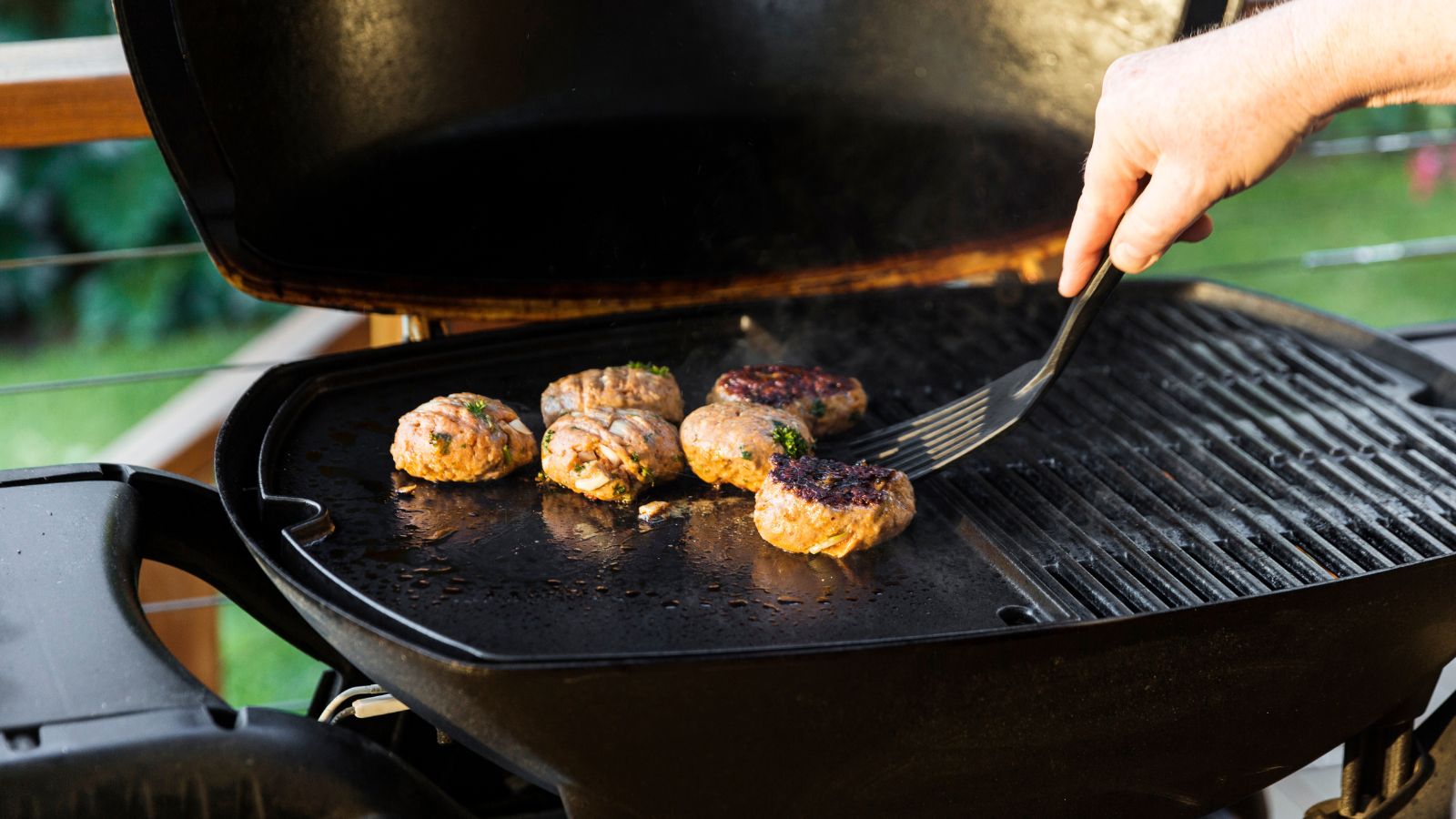
Design expertise in your inbox – from inspiring decorating ideas and beautiful celebrity homes to practical gardening advice and shopping round-ups.
You are now subscribed
Your newsletter sign-up was successful
Want to add more newsletters?

Twice a week
Homes&Gardens
The ultimate interior design resource from the world's leading experts - discover inspiring decorating ideas, color scheming know-how, garden inspiration and shopping expertise.

Once a week
In The Loop from Next In Design
Members of the Next in Design Circle will receive In the Loop, our weekly email filled with trade news, names to know and spotlight moments. Together we’re building a brighter design future.

Twice a week
Cucina
Whether you’re passionate about hosting exquisite dinners, experimenting with culinary trends, or perfecting your kitchen's design with timeless elegance and innovative functionality, this newsletter is here to inspire
Spring has finally sprung, and that means the return of the grilling season. But as you go from cookout to cookout, you may notice that some people are cooking on griddles rather than grills.
They're very similar appliances, and if you're not a gourmand, it can be difficult to know which comes out on top in the battle of grill vs griddle.
I've tested a lot of the best grills over the past few years, so I'm expert when it comes to outdoor cooking. I also spoke to a chef to get his thoughts on which appliance comes out on top.

What's the difference?
There's a simple difference between the two surfaces. A griddle uses a hot, flat surface. Grills use a grate over flames. Chef Dennis Littley told me that: 'A grill typically uses direct heat from below, while a griddle provides a flat cooking surface that heats evenly.'
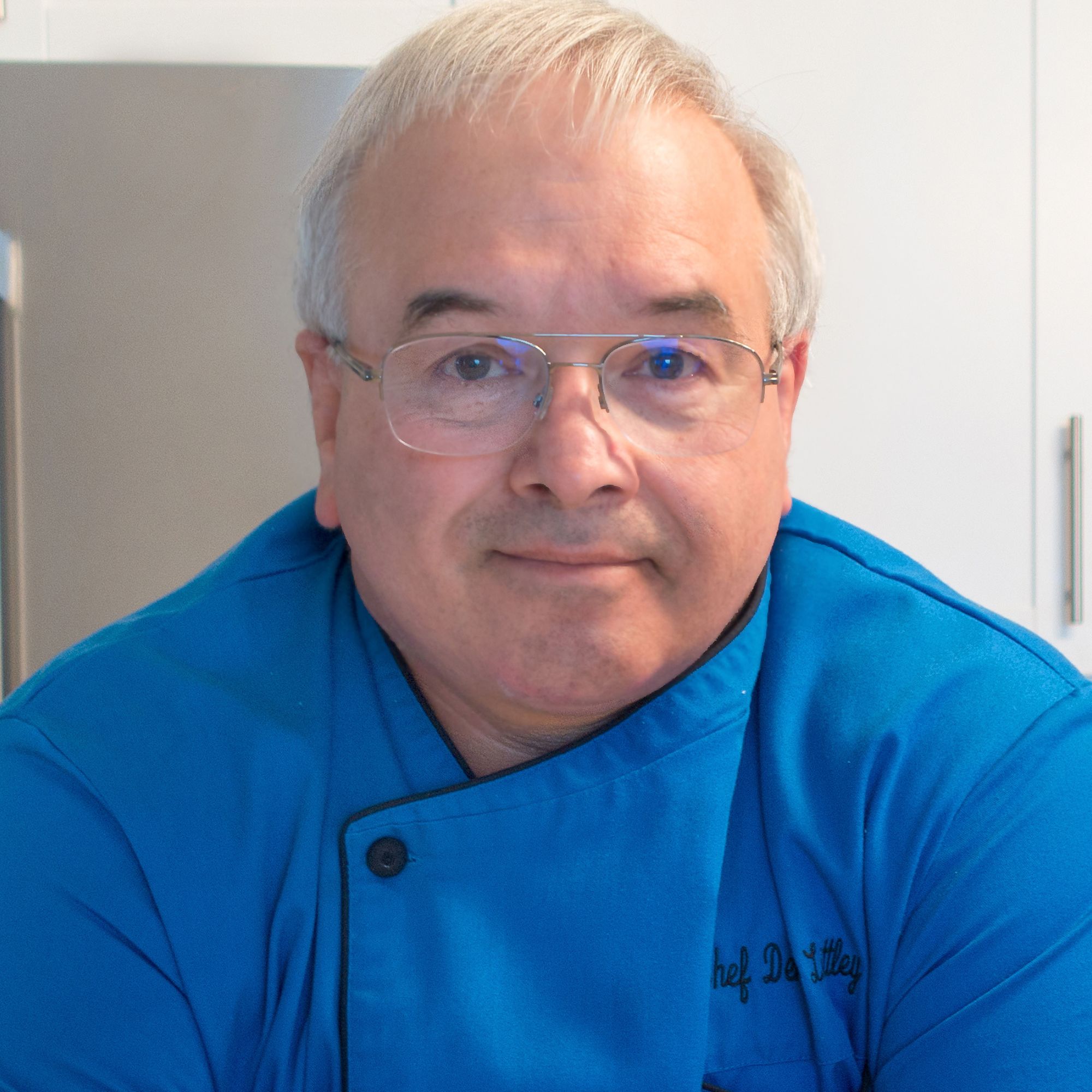
Chef Dennis Littley is a classically trained chef with 50+ years of experience in the kitchen, who shares his time-tested recipes, knowledge, and chef tips to help you create easy-to-make restaurant-quality meals in your home kitchen.
What are the pros of a grill?
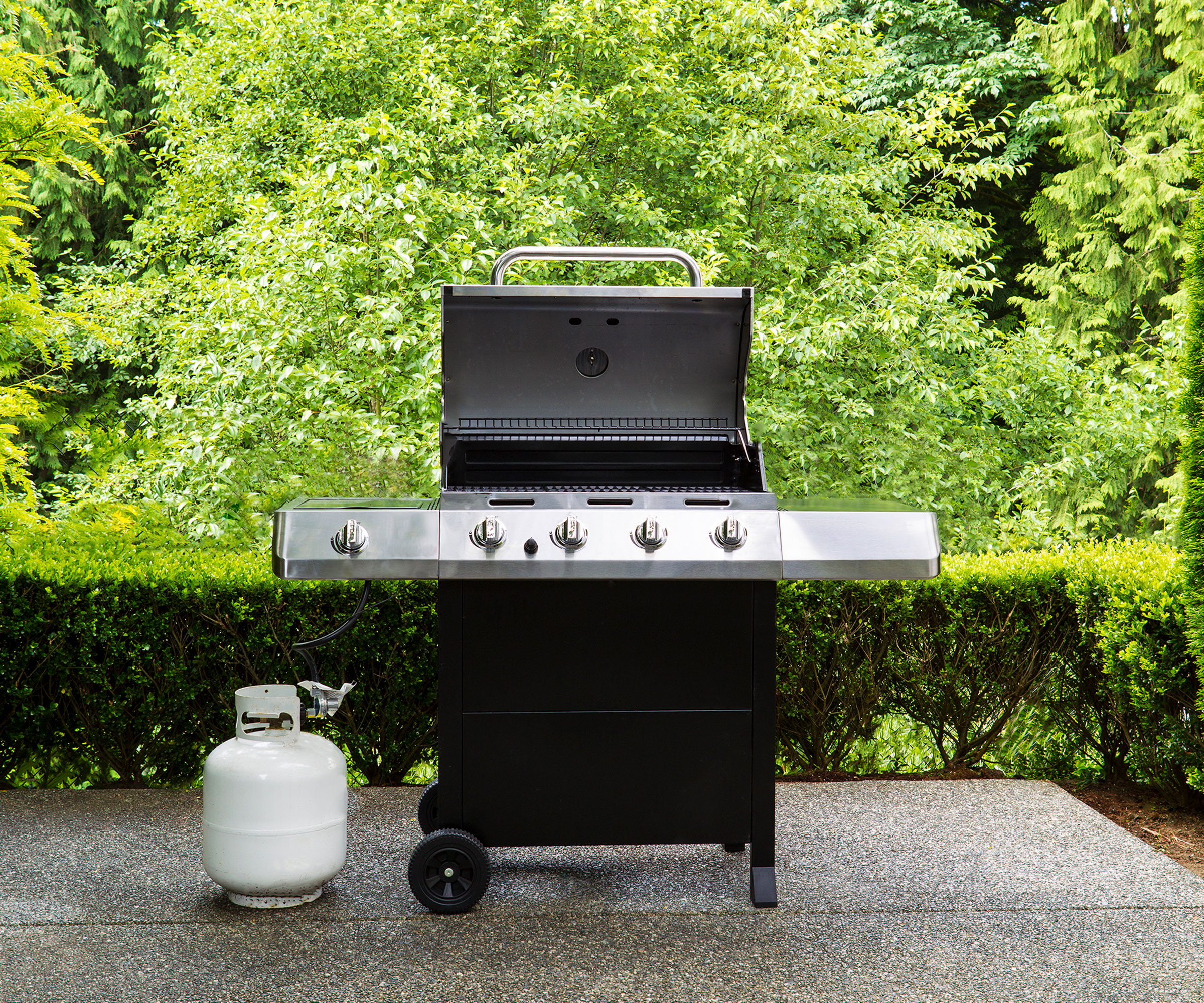
The biggest benefit of a grill is the flavor. Griddles don't add any flavor. A grill, however, adds a smoky flavor that a griddle can't match. This is most obvious with a charcoal grill, where fats and oils from whatever you're cooking drop onto the coals and evaporate into delicious smoke. Even though the flavor is diminished with a gas grill, it still tastes better than a griddle. Chef Dennis Littley agrees. He told me that 'Grilling over open flames adds a distinctive smoky taste that's hard to replicate.'
Chef Dennis added that there's also an aesthetic component. Grills add char lines, and a griddle won't. Steaks, burgers, and hot dogs all look the part with grill lines, and look a little unfinished from griddles. Not only is this great for appearances, but they're crucial for flavor. Chef Dennis said 'Those perfect charred lines not only look great but also add a depth of flavor to your food.'
Grills are also much more versatile. Griddles are great for flat food - bacon, eggs, pancakes, smashed burger patties - but that's about it. A grill can sear steaks and burgers, roast chicken, smoke fish, and much else.
Design expertise in your inbox – from inspiring decorating ideas and beautiful celebrity homes to practical gardening advice and shopping round-ups.
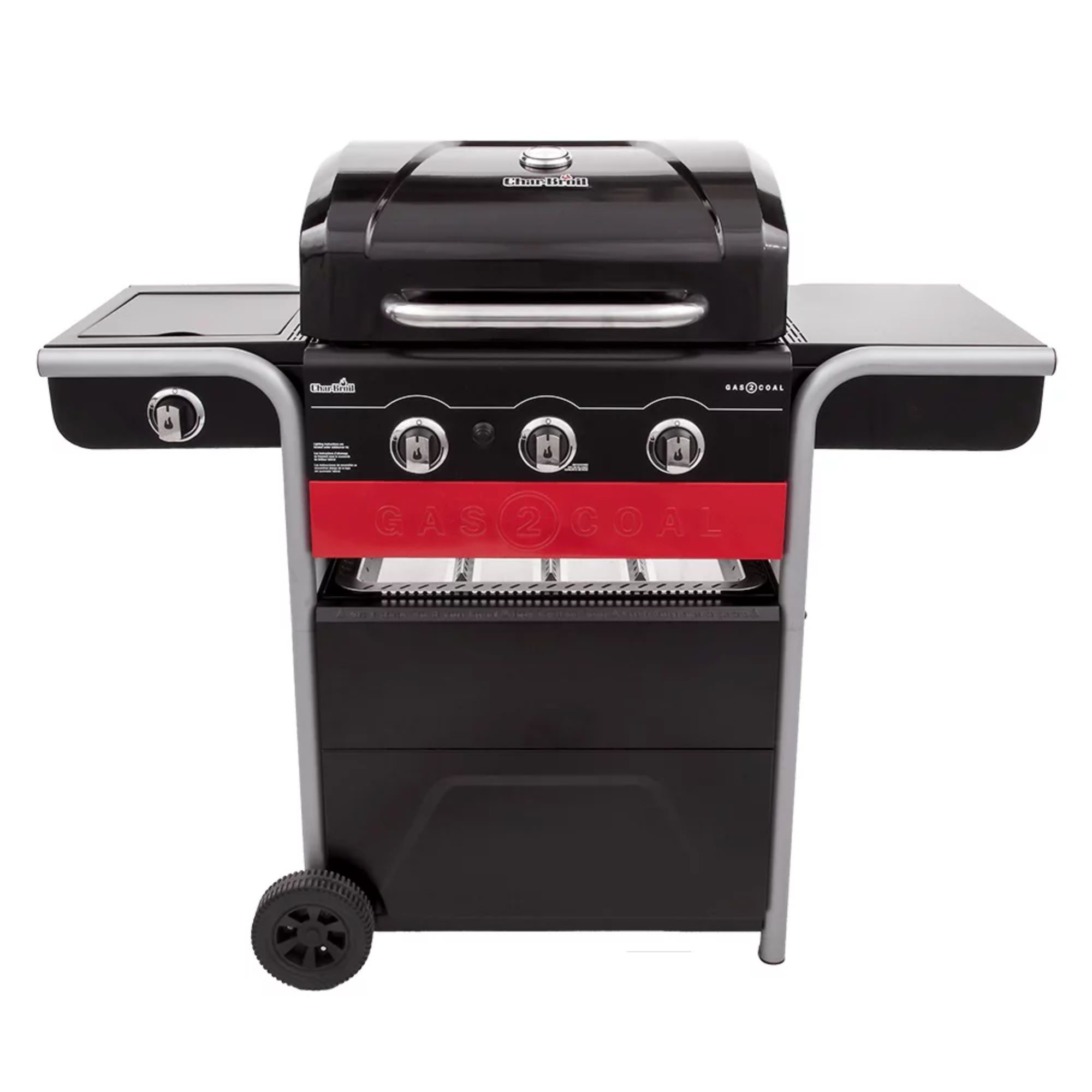
This grill uses both gas and charcoal, and our tests showed that it's no gimmick - you get the best of both types of fuel.
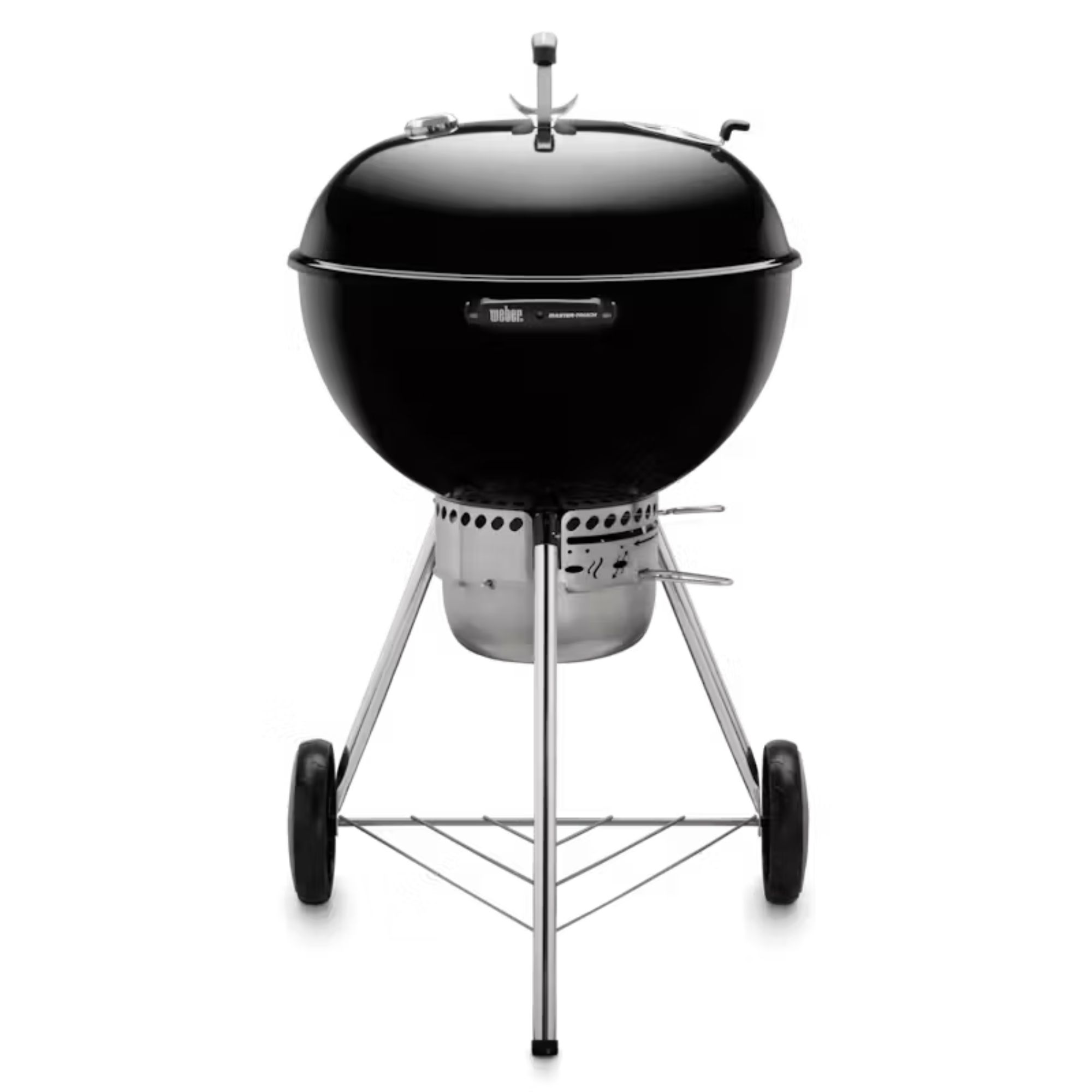
This charcoal grill is my personal favorite. It reaches blistering temperatures and is perfect for grilling chicken.
What are the cons of a grill?
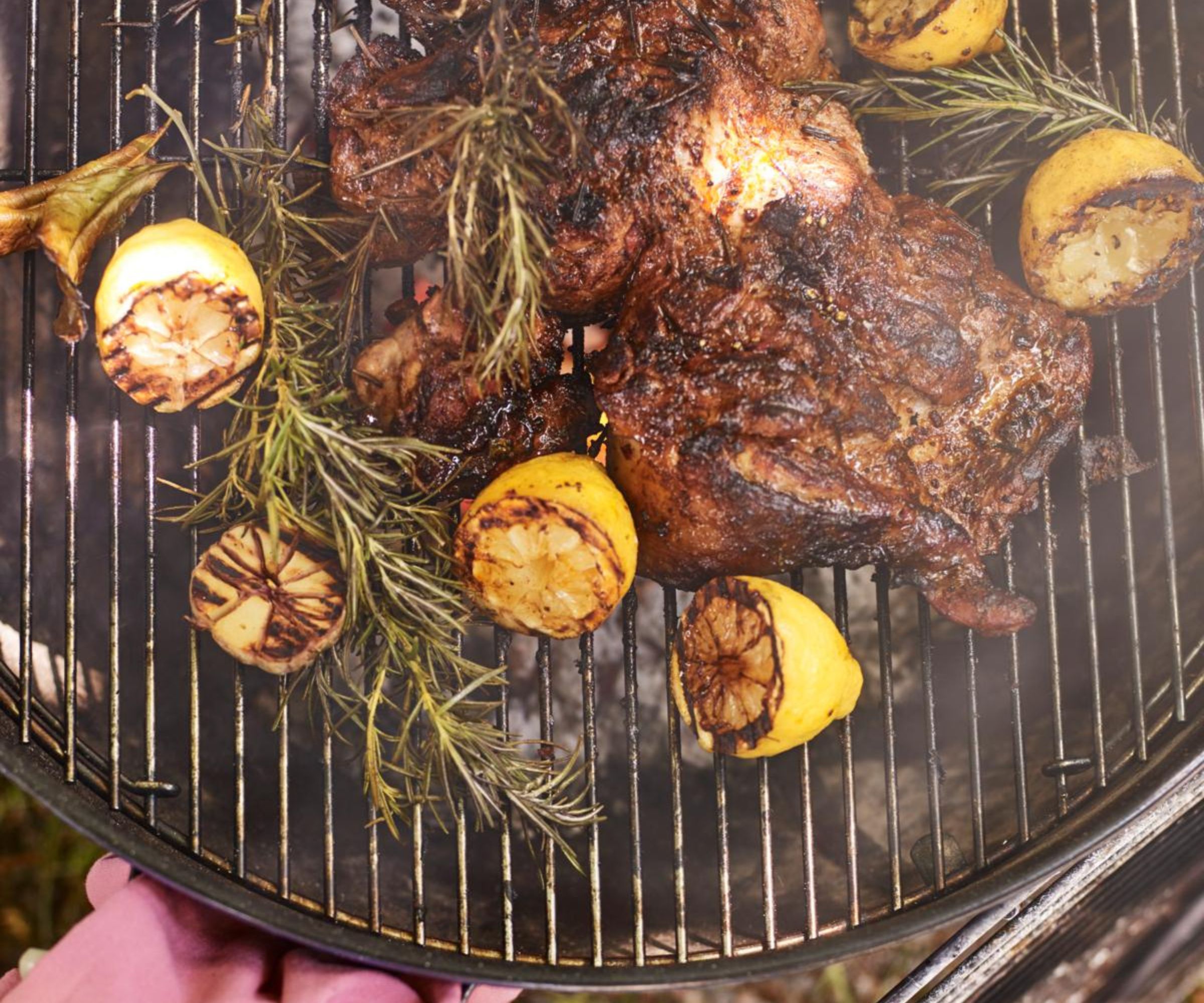
The issue with grills is that it's easy to lose food between the grates. I have lost hundreds of slices of grilled potato, zucchini, and halloumi through grills, and that number is only going to rise. It's a problem Chef Dennis has faced, too. 'Grills may not be ideal for cooking smaller or delicate items that could fall through the grates.'
The other drawback with a grill is that you can only use it outside. You can set up griddles indoors, but if you live in a colder climate, you probably won't be firing up the grill once the snow sets in.
What are the pros of a griddle?
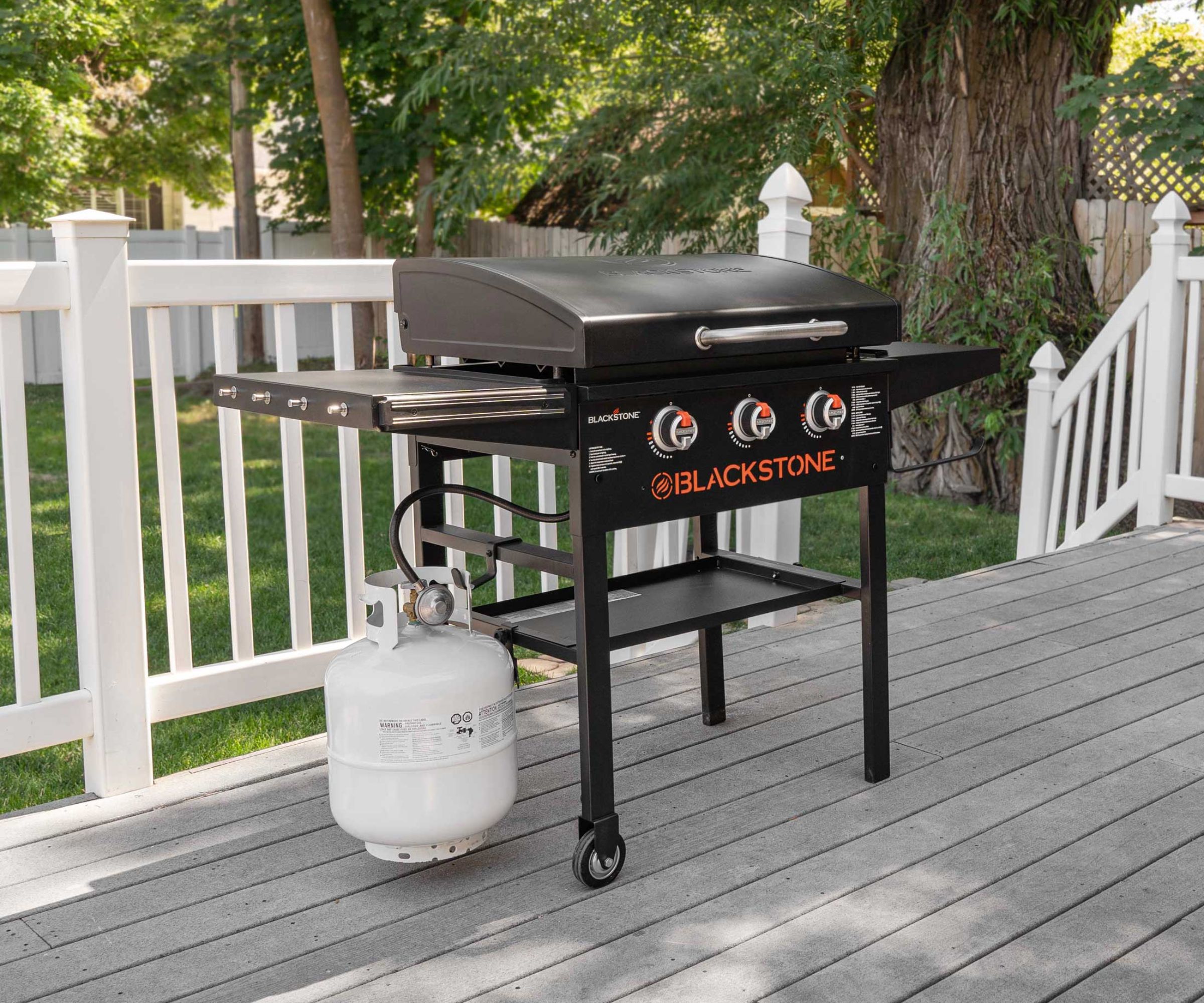
Griddles are great because they're consistent. Think of them as a large frying pan. Chef Dennis said: 'Griddles provide a consistent cooking surface, making them great for pancakes, eggs, and other delicate foods'. Unlike a charcoal grill, where you have to experiment with direct and indirect heat, and slowly lose heat as you grill, a griddle will be consistently hot across the entire surface.
This consistency also makes griddles a little safer. The lack of flames means that you don't have flare-ups. These look cool, but they're essentially mini-grease fires, which is unsafe. They can also burn your food. This problem won't happen with a griddle, because there's no fire involved.
Griddles are also much faster to heat. Grills heat the air, so they take much longer, whereas a griddle uses a single conductive metal plate, which is much quicker.
What are the cons of a griddle?
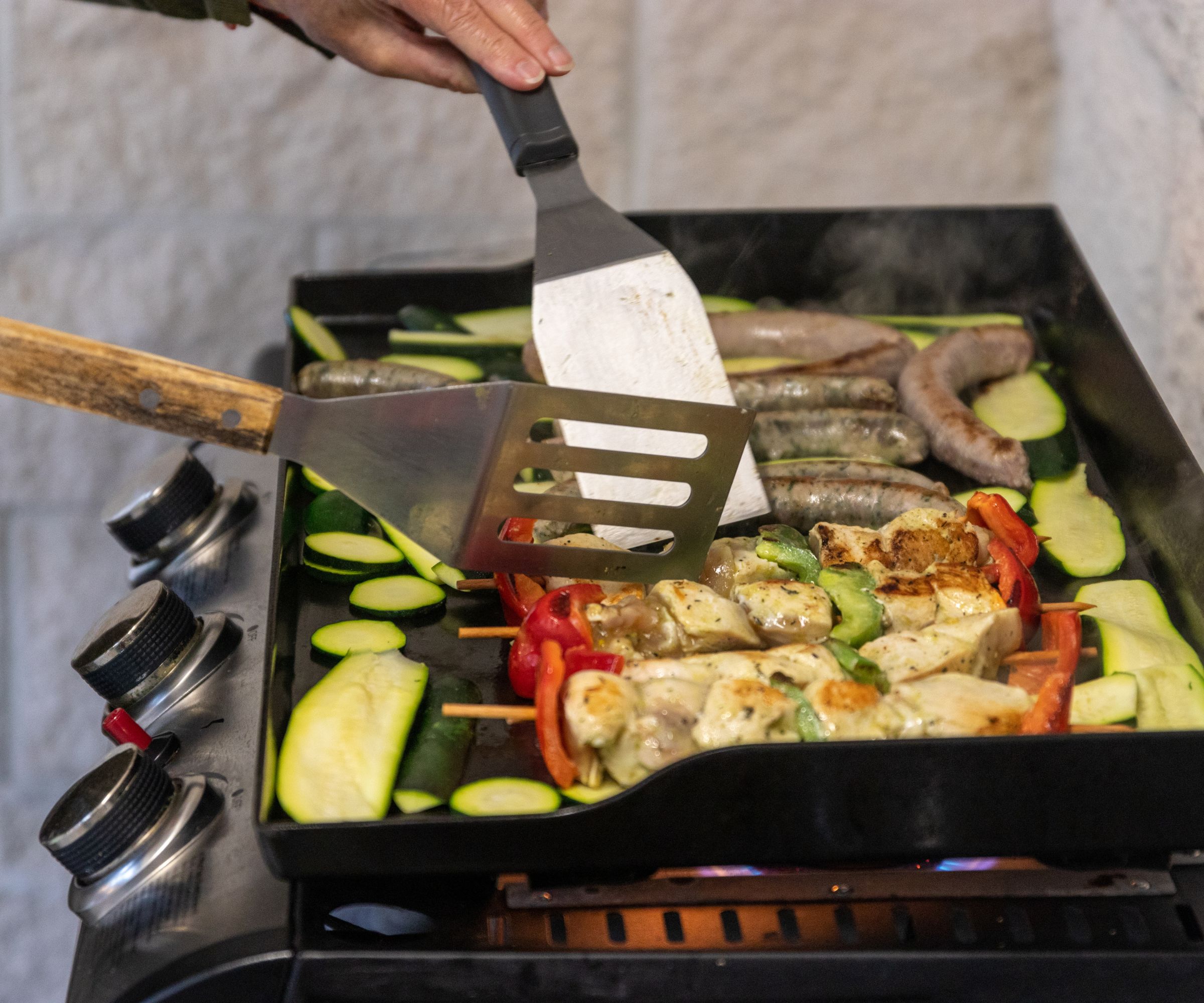
Griddles taste a little sterile compared to a grill. A griddle will make breakfast incredibly easy, but burgers made on a griddle vs a grill simply don't compare. Chef Dennis Littley told me that 'while griddles are great for certain foods, they don't impart that classic smoky flavor you get from grilling'.
Griddles also can't handle thick cuts of meat like steaks, tenderloins, or whole birds. It's a little limiting. You can cook almost anything with a griddle, but not with a grill.
I think this also makes griddles poor value compared to a grill. An entry-level griddle is between $300-$500. That's a lot to spend on breakfast. You could get a basic Weber Grill and a cheap griddle plate like this from Amazon for a little more and get all the benefits of both appliances.
Which makes tastier food?
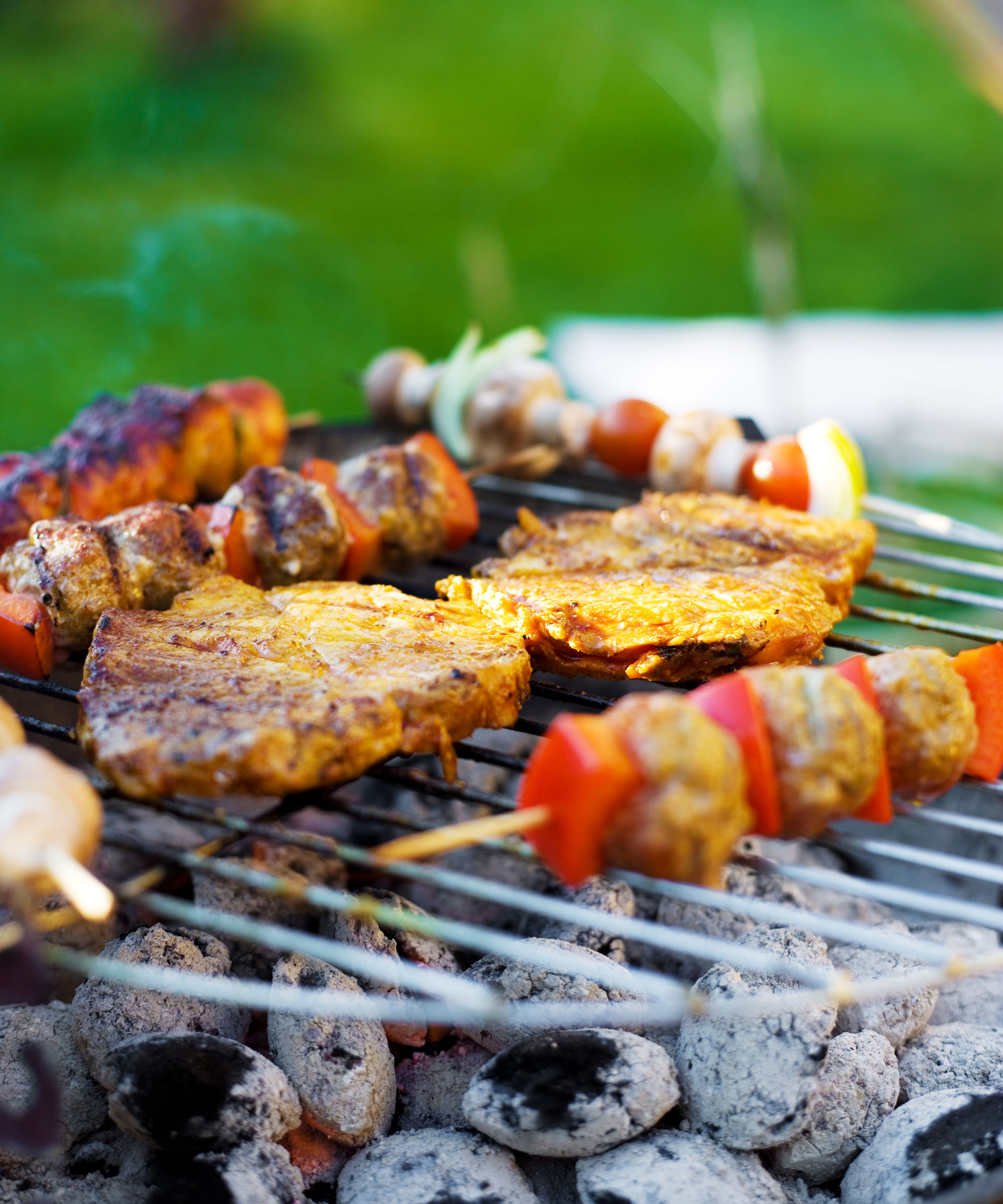
It depends on what you're cooking. Griddles are better for bacon and eggs, and grills are better for pretty much everything else. Chef Dennis told me: 'Grilled foods have that irresistible smoky flavor, while griddled foods often have a beautifully caramelized exterior and tender interior. It's all about personal preference and the flavors you're craving.'
Griddle FAQs
What are griddles made with?
Griddles tend to be made with stainless steel, though they can also be made with cast iron or carbon steel. If you can, buy stainless steel, which is much less likely to rust.
For more information on grills and griddles, check out how to season a griddle, how to clean a rusty griddle, or the best wood for smoking.

As a gardens and lifestyle contributor, Alex makes sure readers find the right information to help them make the best purchase. Alex got his start in reviewing at the iconic Good Housekeeping Institute, testing a wide range of household products and appliances. He then moved to BBC Gardeners’ World Magazine, assessing gardening tools, machinery, and wildlife products.
